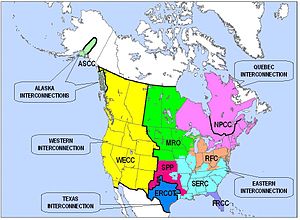My question was.. was it electric or gas?
sorry if i was not clear kwired....it was simply a non-fuled storage tank...perhaps i am calling it by the wrong name?
Answer yes to demand metering question - makes sense it became expensive to operate. Bet nobody considered that possibility when selecting this unit.
Especially the manufacturer(s) , which i am sometimes at
odds with
For ex, all the hot tub folks quote
national stats ,when customers ask what they
cost to run
well, there's far more hot tubs
south of me, than in the skibunny locale i do
biz in
Otherwise energy laws of conservation still apply, it should take same energy to heat same volume of water same temperature, those laws don't factor in what that energy may cost.
True .....but this may be
relevant to the trades before it is the public
methinks most of us riding that '
green wave', as well as this '
green deal' on the horizon know enough when to
say something, and when
not to....
Myself, i'm going to throw another armful of nice
dry oak & ash in my wood boiler ,and watch the world spin on.....
~RJ~

